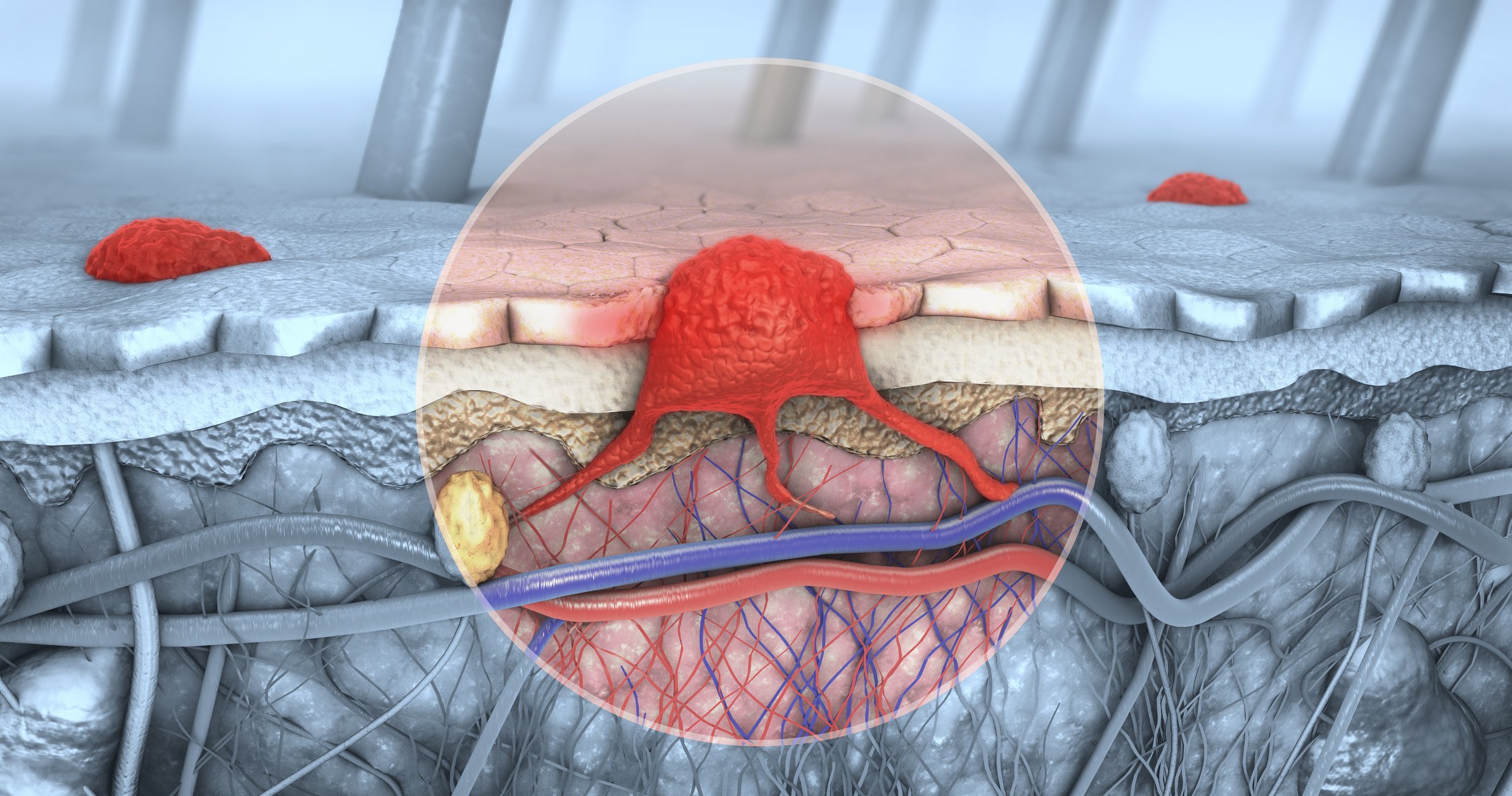Auto-inflammatory diseases are characterized by an increased systemic inflammatory response and are mediated by cells of the innate immune system. Children and adolescents are particularly affected. Typical for these altogether rare diseases are fever attacks, skin symptoms and joint pain. In most cases, which therapy works for which syndrome is not evidence-based, but rather experience-based.
The spectrum of rare auto-inflammatory diseases in childhood with a genetic predisposition is increasing. For the differential diagnosis, genetic tests are usually required in addition to the clinic, reported Philipp von Bismarck, MD, Kiel, Germany. By definition, auto-inflammatory diseases are clinical disorders characterized by an increased systemic inflammatory response mediated primarily by cells of the innate immune system. Because of the monogenic or polygenic predisposition, the first symptoms can appear very early, sometimes even from birth, reported Prof. Patricia Woo, MD, pediatric rheumatologist from London. If left untreated, amyloidosis may develop secondarily.
Most common: the familial Mediterranean fever
The EUROFEVER project, which included 2340 patients (two-thirds of them children), was able to determine the prevalences of these diseases. The most common are the classic congenital recurrent fever syndromes:
- Familial Mediterranean Fever (FMF)
- Cryopyrin-associated periodic syndromes (CAPS), including Muckle-Wells syndrome.
- TNF receptor-associated periodic syndromes (TRAPS).
- Mevalonate kinase deficiency (MKD) and periodic fever, formerly known as hyper IgD syndrome (HIDS).
- Syndrome with chronic atypical neutrophilic dermatoses, lipodystrophy and fever (CANDLE).
All of these diseases are characterized by recurrent episodes of fever lasting several days to weeks in association with symptoms of the skin (e.g., conjunctivitis, erythema, exanthema, urticaria) and bones (arthritis).
A large number of mutations have already been associated with the fever syndromes, more than 40 in FMF alone. An overview of the number of gene variants is provided by the online database INFEVERS (http://fmf.igh.cnrs.fr/ISSAID/
infevers). Usually, however, the diagnosis is not made molecularly, but according to the clinic in conjunction with geographic or ethnic affiliation and family history. In more than 60% of patients with fever syndromes, the diagnosis has not been confirmed by genetic testing, Prof. Woo reported.
Fever, arthritis, osteomyelitis
However, the growing family of auto-inflammatory diseases with a genetic predisposition includes many more diseases than congenital recurrent fever syndromes, Dr. von Bismarck emphasized, including idiopathic fever syndromes, auto-inflammatory diseases of skin and bone, complement disorders, or vasculitis (Behçet’s disease). He presented particularly common diseases as examples:
- PFAPA syndrome (periodic fever, aphthous stomatitis, pharyngitis, cervical adenitis) is the most common idiopathic autoimmune syndrome. On average, the disease begins in the third year of life (ages 1-12) and shows no geographic or ethnic association. Sufferers have about ten episodes of fever per year, lasting an average of four days.
- Still syndrome or juvenile idiopathic arthritis with systemic onset (soJIA) is also relatively common. High systemic inflammatory activity and, in addition to arthritis and fever (intermittent, lasting more than two weeks), extra-articular organ manifestations such as lymphadenopathy, hepato- or splenomegaly are typical. The disease is mediated by interleukin-1, has no HLA association, and rarely shows autoantibodies.
- The most common auto-inflammatory bone disease in childhood is chronic recurrent multifocal osteomyelitis (CRMO). It usually begins at the age of 6-13 years, usually affects several parts of the body and disappears spontaneously, on average after a duration of four years.
In the pathogenesis of many auto-inflammatory diseases, such as FMF and CAPS, the NLRP3 inflammasome plays a central role, Prof. Woo said. This family of intracellular immune receptors is activated via the proinflammatory cytokine interleukin-1ss. Therefore, interleukin-1 antagonists such as anakinra and canakinumab (Ilaris) are among the best therapeutic options for these conditions. In other diseases, the NF-kappa-B pathway is overactive (e.g., Blau’s syndrome, CAMPS) or proteosome function is impaired (CANDLE).
Colchicine, corticosteroids, anakinra
Evidence from studies on the efficacy of therapies is scarce in auto-inflammatory diseases, reported Silvia Federici, MD, Genoa, Italy. Patients often respond only partially to the medications. According to data from the EUROFEVER registry, the highest response rates in FMF patients were achieved with colchicine, the first-line drug, followed by NSAIDs and corticosteroids. The IL-1 antagonist anakinra proved to be the most effective second-line drug.
In patients with TRAPS, the best response rates are achieved with corticosteroids. The most effective second-line treatment options include the TNF blocker etanercept and anakinra. In a new study, very good results were achieved with the IL-1 antagonist canakinumab. Clinical remission was achieved in 90% of those treated, after a median of four days. However, relapse occurred in most patients after discontinuation of the antibody, after a median of 90 days. Good results have also been obtained with IL-1 blockade in other auto-inflammatory diseases. However, further studies are needed.
Source: “Autoinflammatory diseases – genetics, clinic and therapy”, Session at the 12th Annual Meeting of the European Society for Pediatric Dermatology (ESPD), June 12-14, 2014, Kiel, Germany.
DERMATOLOGIE PRAXIS 2014; 24(5): 44-45











